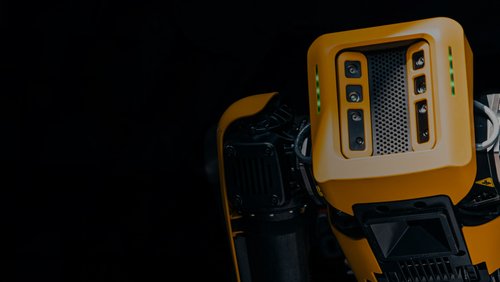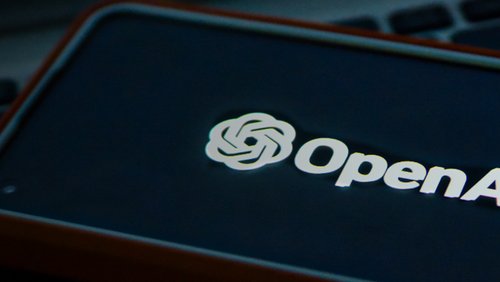1 May 2025
With engineering students increasingly using generative AI (GenAI) in their studies, what are the implications for engineering competence and how can risks be mitigated?
Almost all engineering undergraduates are using GenAI in their studies. We can expect this to affect workplaces, notwithstanding the fact that many engineers have been early adopters. But, as engineers increasingly outsource tasks to GenAI, what are the implications for engineering competence? Should an AI that performs at the same level as a professional engineer be registered as a CPEng? Obviously not, but what are the implications of this type of thinking?
Getting a job and advancing through the ranks requires mastery of three things: engineering knowledge, technical skills and responsible attitudes. We have been researching how this knowledge-skills-attitudes paradigm applies in the fast-evolving landscape of GenAI and engineering education at the University of Canterbury. Here is what we think all professional engineers need to learn in this new era.
Knowledge: To appreciate its strengths and limitations, you need to understand GenAI as more than a magic black box of answers. Peering under the hood, you’ll see familiar probability concepts but also new ideas like next-token prediction, semantic meaning and context. Armed with that knowledge, you’ll then recognise how the arms race to build ever larger language models has underpinned “emergence”: a wave of unplanned GenAI capabilities like mathematical calculation and few-shot reasoning (learning from examples) is rapidly extending the capabilities of newer GenAI models.
What will emergence bring when the next-generation of reasoning GenAI arrives, like GPT-5 or 6? With each new tranche of engineering tasks brought into frame, engineers will be increasingly relied upon to judge whether the AI has sufficient competence to handle them, and where to draw lines in the sand, for themselves, their employees and their organisation. A shift away from content creation toward content verification may be what’s needed.
Skills: Most professional engineers don’t use GenAI to its full ability. They make simple prompting errors like “give me a brief answer” (preventing in-context analysis) instead of “think it through step by step” (a chain-of-thought prompt). Have you tried using AI to write its own prompts so you can customise them (meta-prompting)? Or writing a multi-modal prompt that analyses images and documents before answering a query?
It can be hard to keep up with the multitude of advanced prompt engineering techniques: self-criticism (“critically evaluate your prior answer”), persona prompting (“analyse this like a professional engineer”), and ensembling (repeated prompt requests to build a “consensus” answer). But using these can make the difference between a vague, inaccurate response and a nuanced, detailed suggestion.
As you get better at prompting, you can start to build custom GPTs – small computer programs – for common use cases. Try combining a few-shot template and some chain-of-thought reasoning to do high-level analyses of new datasets. Or build a multi-modal prompt to cross-reference your work against a design standard, applying self-criticism and ensembling to get a second (third/fourth) opinion before a peer review.
Attitudes: An underappreciated strength of the experienced engineer is their intuition and judgement. An AI can generate a risk management report, but will it consider the near misses you’ve seen on previous jobs? Or your company’s strategy, as well as recent tests of legal thresholds and your ethical judgement?
Cultivating a responsible attitude towards human-in-the-loop oversight will ensure that experiential knowledge is not replaced. Continue to lean on your engineering values, like performing quality assurance by checking AI output for misinformation. Or reflecting a commitment to continuous learning by staying on top of new GenAI techniques and emergent capabilities (and don't rely on just one GenAI tool). And most importantly, never hand over your engineering competence, either by accident or on purpose.
Daniel van der Walt is a Senior Lecturer and David Dempsey is an Associate Professor at the University of Canterbury.
This article was first published in the March 2025 issue of EG magazine.




